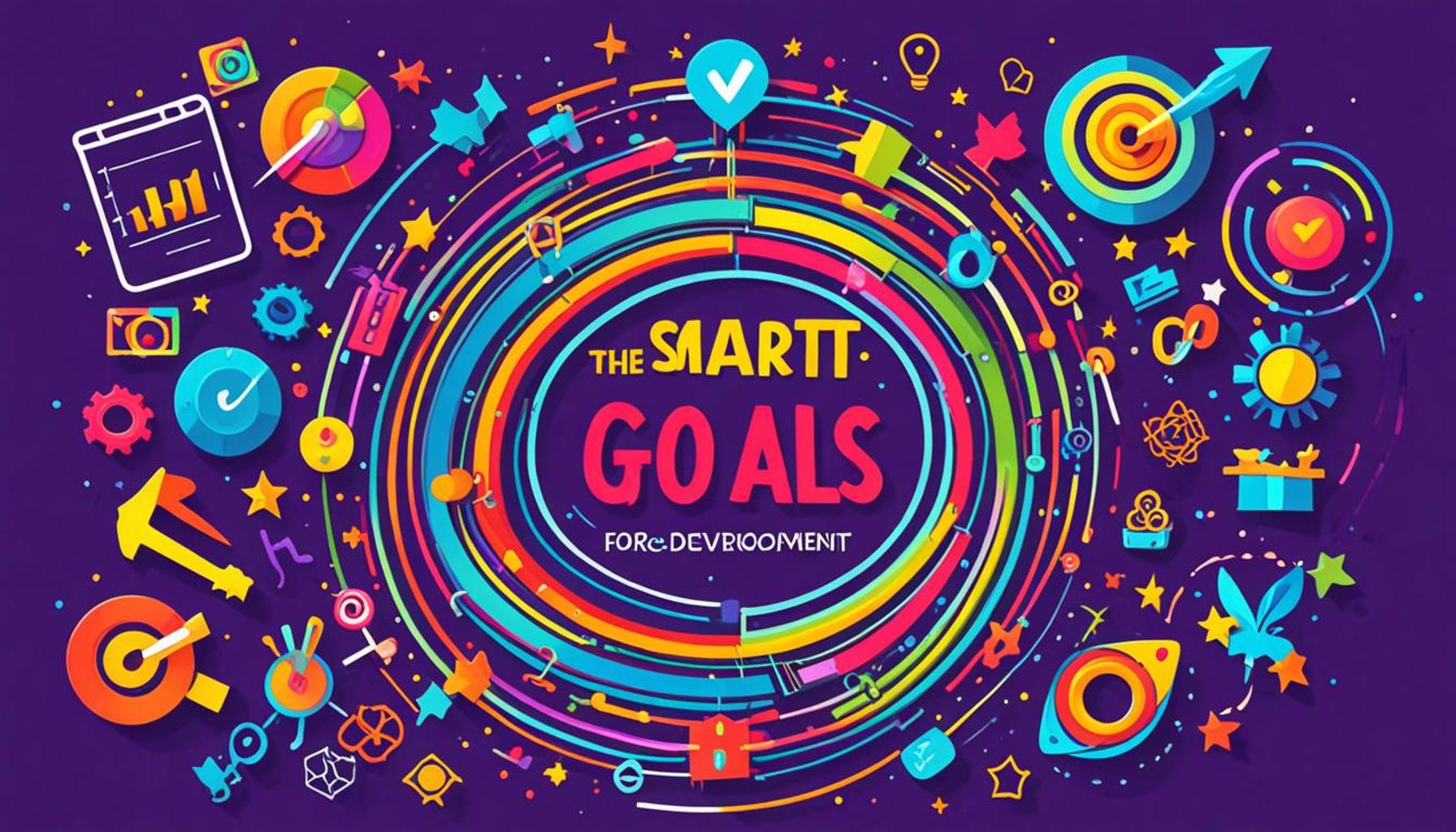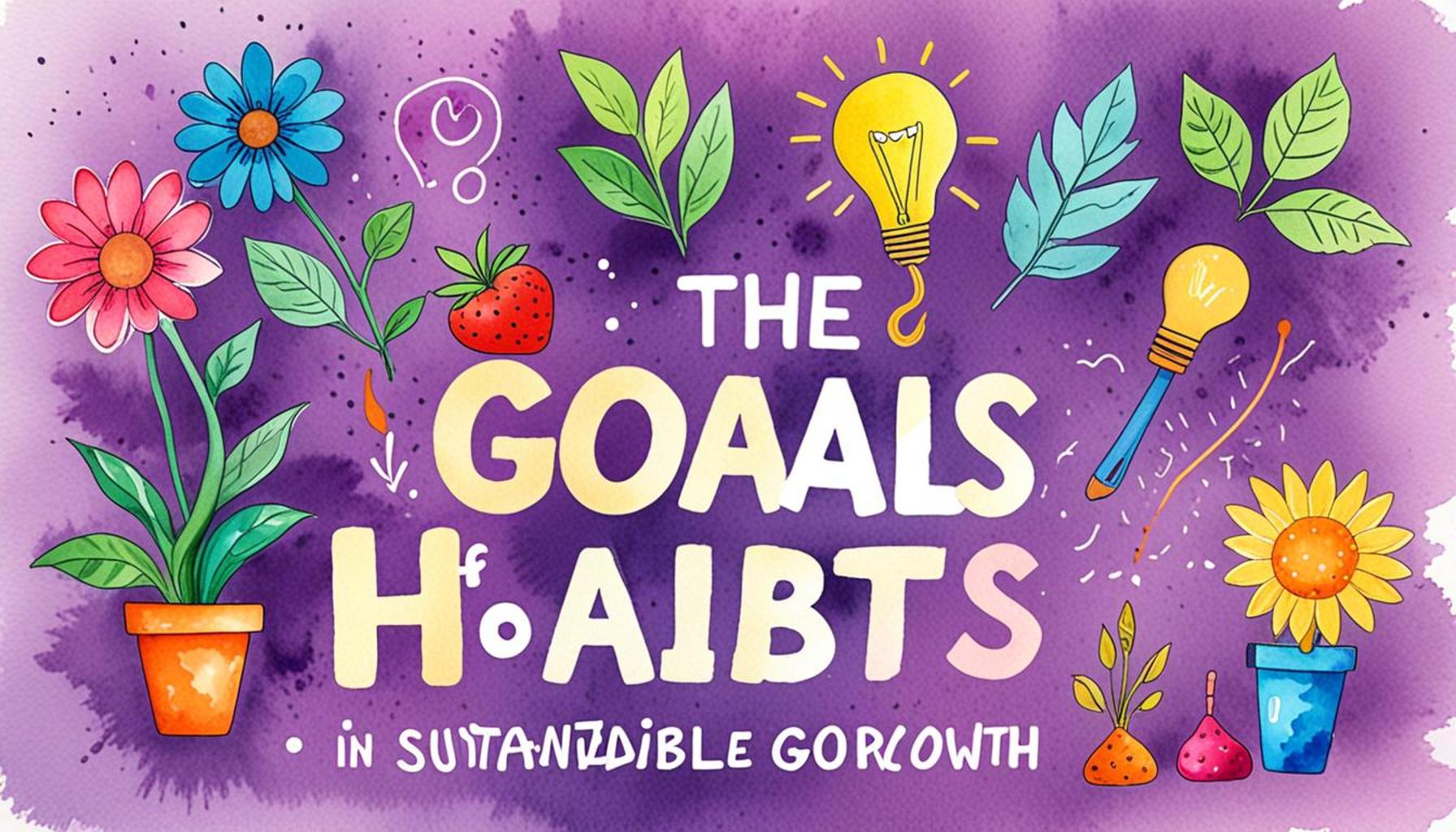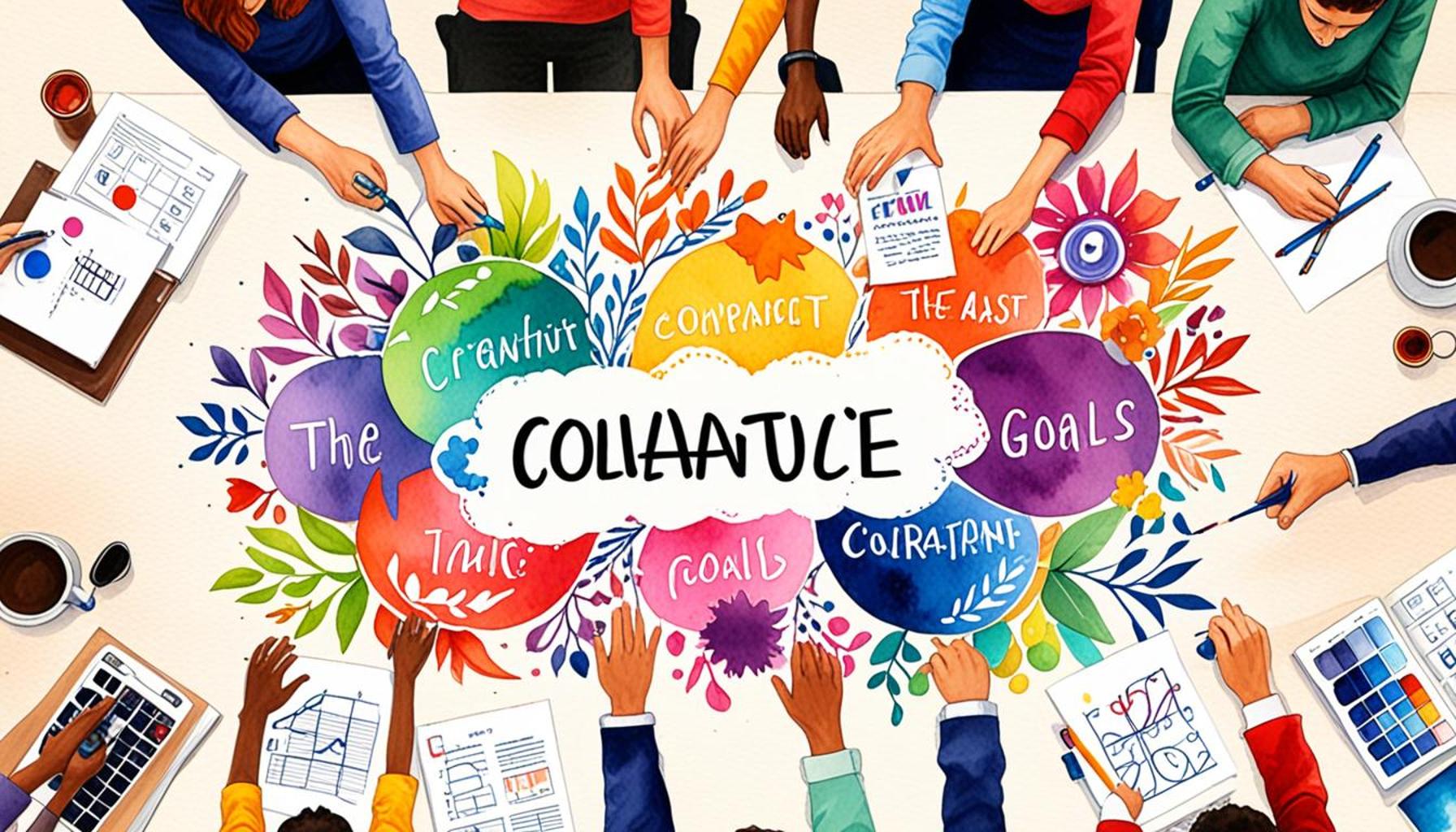Overcoming Challenges: The Role of Goals in Resilience and Developing a Positive Mindset
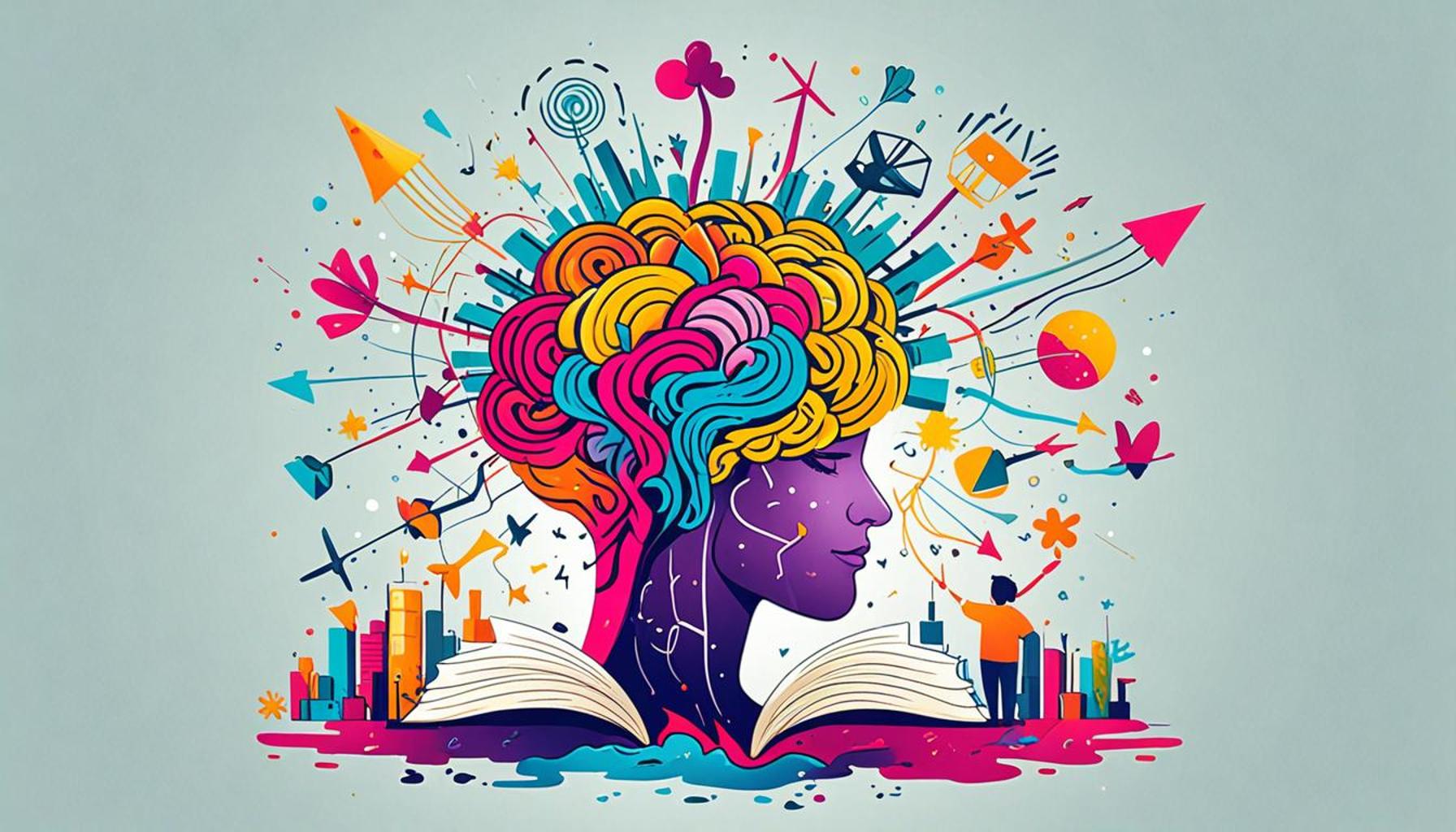
The Power of Goals in Shaping a Positive Mindset
Life is replete with challenges—some small, others monumental—that test our resilience and adaptability. In the context of Nigeria, where economic fluctuations and social dynamics create varying degrees of uncertainty, it becomes paramount to adopt a positive mindset to navigate these turbulent waters. A powerful tool that can aid in this transformation is the act of setting goals.
Goals serve as a lighthouse in a stormy sea, providing clarity and guiding us forward. When we set specific and achievable targets, whether they pertain to personal growth, education, or career progression, we create a roadmap for ourselves. For instance, a student aiming to attain a certain grade in their exams can focus their energies on enhancing their study habits, thereby translating the pressure of performance into actionable steps.
Clarity in Goals
Well-defined goals provide us with a clear vision of our aspirations. When individuals articulate what they want to accomplish—be it starting a business, improving health, or enhancing skills—they can better marshal their resources toward those outcomes. In a country like Nigeria, where entrepreneurs often encounter bureaucratic hurdles and economic instability, establishing measurable goals can significantly enhance their chances for success. For example, a small business owner might set a goal to increase monthly sales by 15%, compelling them to revisit their marketing strategies and operational efficiency.
Motivation Through Challenges
Furthermore, goals are vital in fueling our motivation during difficult times. They cultivate a sense of purpose that encourages us to persevere, even when confronted with setbacks. In a society where many face obstacles such as unemployment and inadequate infrastructure, setting short-term goals can provide immediate wins that boost morale. An individual seeking employment might set a goal to apply for three jobs each week. Each application submitted becomes a small victory, reinforcing the belief that they are making tangible progress toward their ultimate career objectives.
Building Resilience
Setting and achieving goals also contributes to building resilience. Overcoming obstacles associated with our aspirations teaches us valuable lessons in persistence and adaptability. For instance, a youth participating in competitions or entrepreneurial endeavors may experience failures, but each challenge fosters a growth mindset, equipping them with the confidence to tackle future obstacles with optimism and resolve. This newfound resilience doesn’t just benefit the individual but can inspire those around them, creating a ripple effect of positivity and ambition.
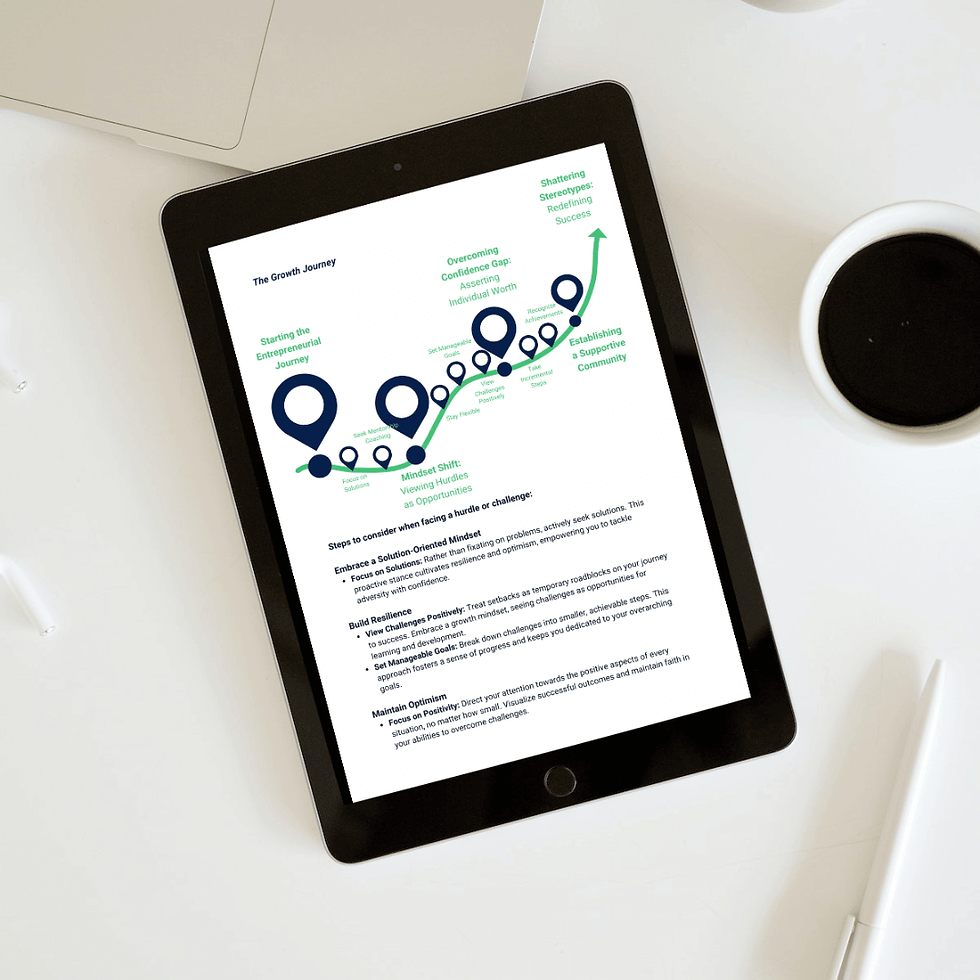
The act of goal-setting not only helps to reshape our perception of challenges but also enhances our ability to foster personal and community growth. By focusing on clear objectives, every setback becomes an opportunity to learn rather than a reason to despair. Through this transformative lens, we can chart a course toward a future that embraces both personal fulfillment and collective upliftment in Nigeria.
In conclusion, as we navigate the complexities of life, especially within the vibrant yet challenging Nigerian landscape, understanding the interplay between goals, resilience, and a positive mindset can profoundly influence our paths and the paths of those around us, paving the way for greater personal achievement and societal advancement.
CHECK OUT: Click here to explore more
Goal Setting: A Blueprint for Overcoming Life’s Hurdles
Setting effective goals is critical in overcoming personal and societal challenges, particularly in a diverse landscape like Nigeria. The daily battles against economic constraints, insufficient resources, and evolving societal expectations can seem insurmountable. However, with the right framework of goal setting, individuals can transform these challenges into stepping stones rather than stumbling blocks.
To facilitate this transformation, the process of establishing actionable goals often involves identifying specific areas in need of improvement. These goals can broadly fit into different categories, such as:
- Personal Development: This could include setting goals to acquire skills in technology or finance, thereby positioning oneself for better employment opportunities.
- Health and Well-Being: Setting fitness goals, like running a marathon or maintaining a healthy diet, can improve both physical and mental resilience.
- Professional Aspirations: Establishing clear career objectives, such as aiming for a promotion or starting a business, can create a focused path toward success.
- Social Impact: Goals centered around community service or advocacy can forge stronger connections and give individuals a sense of purpose beyond themselves.
The Importance of SMART Goals
To ensure goals are not just wishful thinking, the SMART (Specific, Measurable, Achievable, Relevant, Time-bound) framework can be invaluable. For instance, instead of a vague goal like “I want to be healthier,” using the SMART criteria would refine this to “I will exercise three times a week for 30 minutes for the next three months.” Such clarity not only enhances focus but also facilitates tracking progress.
This specificity is particularly pertinent in Nigeria, where many face multifaceted challenges that require strategic planning. By breaking down larger ambitions into smaller, manageable tasks through SMART goals, individuals can cultivate a psychological framework that complements their efforts to remain resilient amidst adversity. As challenges arise, each small success reinforces a positive mindset, reminding individuals that progress, however incremental, is a step in the right direction.
A Catalyst for Personal Growth
Additionally, goal setting acts as a catalyst for personal growth by encouraging individuals to step out of their comfort zones. Setting goals inevitably leads to new learning experiences. For instance, a recent graduate seeking employment may set a target to attend networking events once a month. This proactive approach not only expands their professional circle but also builds confidence and communication skills, which are essential in today’s job market.
Moreover, the process of setting and achieving goals fosters a profound sense of accountability. When individuals establish their objectives, they often share them with others, creating a support system that is vital for resilience. In close-knit communities throughout Nigeria, sharing goals with family and friends cultivates encouragement and collective motivation, allowing individuals to lean on one another, especially during trying times.
In this way, goal setting not only enhances personal resilience but also contributes to a larger culture of positivity and support within society. As we delve deeper into how goals shape our resilience, it becomes clear that a strategic approach to challenges can lead to transformative changes not just within individuals, but also within communities.
| Category | Description |
|---|---|
| Setting SMART Goals | Goals should be Specific, Measurable, Achievable, Relevant, and Time-bound to promote resilience. |
| Building Self-Efficacy | Achieving small goals can enhance confidence, leading to a stronger mindset. |
| Adopting a Growth Mindset | Fostering an attitude of learning from failures empowers individuals to embrace challenges. |
| Accountability | Sharing goals with others creates commitment and encourages perseverance. |
| Resilience and Adaptability | Setting goals helps individuals adjust their strategies in response to setbacks. |
The role of goals in resilience cannot be overstated. By setting SMART goals, individuals can provide themselves with a clear roadmap that not only enhances focus but also serves to measure progress. Additionally, the process of goal achievement inherently builds self-efficacy, which is critical in developing a positive mindset. Small victories create a sense of accomplishment, bolstering confidence and encouraging ongoing growth. Moreover, embracing a growth mindset allows individuals to view challenges as opportunities for learning. Each setback can provide valuable lessons, ultimately fostering a more resilient approach to life’s obstacles. Furthermore, establishing a system of accountability can enhance commitment to goals, ensuring that individuals maintain their momentum even through difficult times. Finally, developing resilience and adaptability through goal-setting equips individuals to maneuver through life’s unexpected challenges more effectively. This interconnectedness of goal achievement and resilience presents a powerful framework for personal development.
LEARN MORE: This related article may interest you
The Power of Mindset: Shaping Resilience Through Goals
The connection between goal setting and cultivating a positive mindset cannot be overstated. Research shows that individuals with a growth mindset, who believe their abilities can be developed through dedication and hard work, are better equipped to face challenges. In the Nigerian context, where many grapple with poverty and limited educational resources, instilling a growth mindset through goal-setting practices can lead to significant transformations.
When individuals anchor their ambitions on clear goals, they begin to see challenges as opportunities rather than obstructions. For example, a young entrepreneur in Nigeria aiming to start a local business may encounter various hurdles, from securing funding to navigating the bureaucratic landscape. Instead of succumbing to discouragement, this entrepreneur can frame these challenges as steps toward their ultimate objective while focusing on actionable goals. By setting smaller targets—such as developing a business plan or applying for microfinance—progress can be made, ultimately leading to the fulfillment of their larger vision.
Building Resilience Through Continuous Improvement
Another critical aspect of goal-oriented behavior is the pursuit of continuous improvement. In various Nigerian communities, reskilling and upskilling programs are gaining traction, responding to the rapidly changing job market. Here, goals can play a pivotal role in not just learning new skills but also in developing resilience. For instance, a teacher in an underserved region might set a goal to complete an online course on remote teaching techniques. This commitment not only enhances their teaching efficacy but also equips them to remain adaptable during unexpected changes, such as the recent shift to online learning due to the pandemic.
Moreover, establishing goals related to learning fosters a culture of resilience. By focusing on educational attainment, an entire generation can be better prepared to face societal challenges. Reports from the Lagos State government indicate that educational initiatives focused on STEM fields are increasing interest and participation among youth. When these young individuals set goals to excel in science and technology, they create pathways to join industries that are vital for national growth. This not only nurtures individual resilience but also strengthens the collective foundation of society.
Emotional Regulation: The Link Between Goals and Mental Well-Being
Achieving set goals has a profound impact on emotional regulation too. In a world increasingly fraught with stress and anxiety, especially in regions facing economic downturns, a sense of accomplishment can be crucial. The act of setting goals and reaching them helps to control emotions and fosters feelings of agency. For instance, a student preparing for critical examinations may create structured study goals. As they meet these milestones, they inherently build confidence and reduce anxiety, nurturing a more positive mindset toward their educational journey.
This mechanism is evident in community support programs that encourage collaborative goal-setting. For example, local non-governmental organizations (NGOs) in Nigeria that promote youth mentoring often emphasize goal setting. Participants report feeling more empowered and supported when they establish collective goals. This initiative not only enhances individual resilience but also fosters a community of shared purpose, where members encourage one another to overcome challenges.
As these dynamics illustrate, embracing goal setting as a fundamental practice shapes resilience and nurtures a positive mindset among individuals. By breaking down daunting challenges into manageable objectives, individuals can navigate the complexities of life with greater ease, fostering a culture where resilience becomes the norm rather than the exception.
LEARN MORE: This related article may interest you
Conclusion: The Transformative Influence of Goals on Resilience and Mindset
In conclusion, the journey towards overcoming challenges is intrinsically linked to the practice of goal setting, which plays a transformative role in building resilience and nurturing a positive mindset. By clearly defining aspirations, individuals gain the clarity and direction necessary to navigate life’s complexities, particularly in a diverse and dynamic environment like Nigeria. The processes of defining, pursuing, and achieving goals allow individuals to reframe obstacles as opportunities for growth, instilling a sense of agency that is crucial in developing resilience.
Moreover, goals serve as the foundation for continuous self-improvement and adaptation, particularly in a rapidly evolving socio-economic landscape. Whether through community learning initiatives or individual ambitions, goal-oriented behaviors fuel the drive for skills enhancement, ultimately fostering a culture where resilience becomes a shared societal value. As seen in various educational and entrepreneurial programs across Nigeria, setting actionable, incremental goals fosters confidence and collaboration, promoting collective progress that reinforces individual determination.
In a time when mental well-being is paramount, especially amidst economic uncertainties, the ability to set and achieve goals not only empowers individuals but also fortifies communities. By participating in goal-setting initiatives, one taps into a deep reservoir of support, encouraging a collective spirit that thrives on shared aspirations. Therefore, embracing the framework of goals is not just about personal achievement; it is a pathway to collective resilience and a beacon of hope that can illuminate the path toward a brighter, more prosperous future for all. Let us recognize the profound impact of goal setting as a tool for transformation, urging every individual to embark on their journey towards resilience and positivity, one goal at a time.

